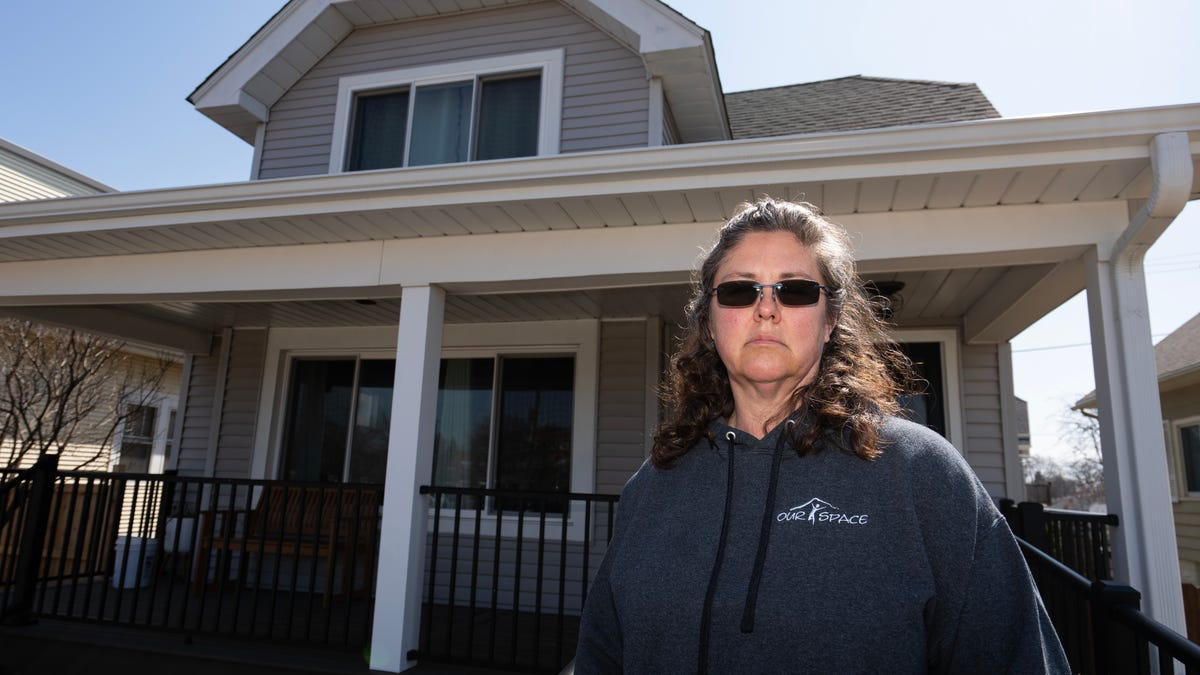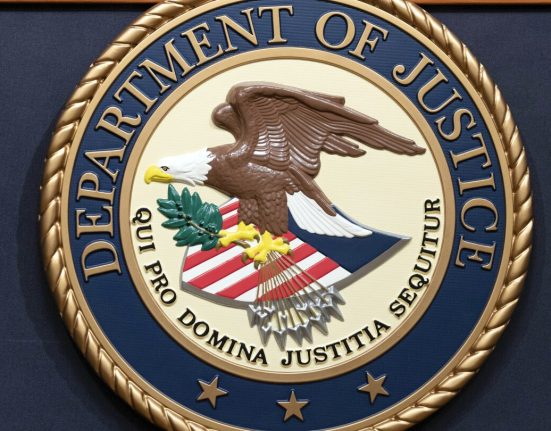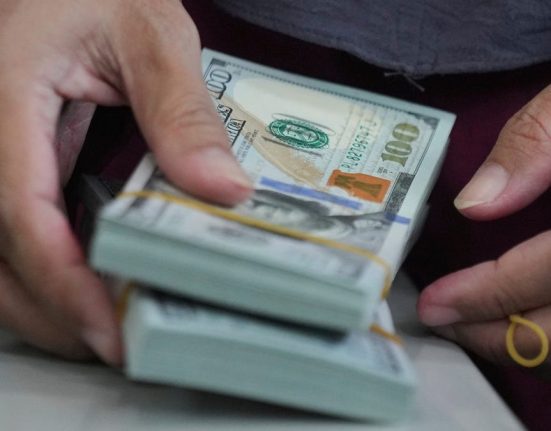
Donald Trump to withdraw US from World Health Organization
President Donald Trump has announced that the US is withdrawing from the World Health Organization (WHO), citing its handling of COVID-19, alleged political bias, and failure to reform.
unbranded – Newsworthy
The Wisconsin Department of Health Services is holding off on reinstating more than $200 million in COVID-19 relief funds that had been canceled by the Trump administration and are the subject of a back-and-forth legal dispute, Secretary-designee Kirsten Johnson said Tuesday.
Late last month, the U.S. Department of Health and Human Services canceled around $11 billion in COVID-era funding to state and local health departments nationwide, saying that the COVID-19 pandemic was over and that the spending was wasteful.
In response, Wisconsin and 22 other states sued the Trump administration, arguing the cuts were unlawful and arbitrary.
On Thursday, a U.S. District Judge said she would block the Trump administration from canceling the funds. But on Monday, attorneys for the U.S. government filed a motion asking the court to reconsider. They argued the U.S. District Judge doesn’t have the authority to block the Trump administration’s move, pointing to a U.S. Supreme Court decision indicating that possibility.
“We have subsequently decided that we are also going to hold,” Johnson said during an event hosted by Wisconsin Health News in Madison. “What I’m most concerned about as these things play out through our judiciary is, I don’t want to be giving money to community organizations and then pulling it back and giving it back, because I think that is damaging.”
The grants that were cancelled had been authorized by Congress as part of COVID-19 relief and recovery bills passed during the pandemic. The money was used not only for vaccinations and testing related to COVID-19, but also mental health, addiction treatment, tracking other infectious diseases and modernizing critical public health infrastructure.
Much of the funding was set to last into 2026.
Johnson said state health officials were looking at ways to potentially provide money to grantees whose grant funds were expected to run out in the summer before they were canceled.
In canceling the funds, the Trump administration said it was turning its focus to addressing chronic disease.
The grant cancellations have led to the halting of the behavioral health program Uplift Wisconsin, a mental health helpline operated by state-based peer-support specialists.
Milwaukee Health Department scaling back neighborhood nursing program
Meanwhile, the Milwaukee Health Department said it would scale back plans to launch a neighborhood nursing program after a COVID-era grant that would have funded it was canceled. The program would have placed public health nurses and social workers in neighborhoods to help connect residents with preventive care. The grant was supposed to last through May 2026.
The health department was working with city attorneys Monday to assess the impact of the judge’s order on the funding, spokesperson Betsy Vornholt said then. The health department previously said it was proceeding with plans to close out the grant by this past Friday.
Milwaukee County’s Behavioral Health Division lost a grant to improve how 988, the suicide and crisis hotline, responds to people in crisis who live in Milwaukee County. The county was forced to find other funding to support the point person for the project, said Michael Lappen, the division administrator.
Nora Hitchcock, executive director of Our Space, the nonprofit that operates Parachute House plans to use emergency funds from her nonprofit to keep Parachute House open until June. She previously told the Journal Sentinel that she would have to close early this month as a result of a grant cancellation.
She was crossing her fingers that the state health department resumes the funds the respite home assumed they had until September to use.
Parachute House has been an important fixture in Milwaukee County’s behavioral health systems of care, serving not only as a place to go to temporarily escape poverty, domestic abuse, emotional distress and substance use disorder, but as a connector to resources.
Research shows that respite homes, in offering a temporary safety net to people approaching crisis, can save costs incurred by police interventions, involuntary restraints and hospitalizations. It’s also far less traumatizing.
Future funding for three respite homes in the state relies on whether the Legislature approves funding items included in Gov. Tony Evers’ biennial budget proposal that would provide funding for Parachute House and the other homes.
“If the budget doesn’t include us, then we’ll have to stop operations, because we can’t continue,” Hitchcock said. “The community wanted this. It does save money, and it also helps so many people not end up in crisis. The community has been asking for this, and we might not make it.”







